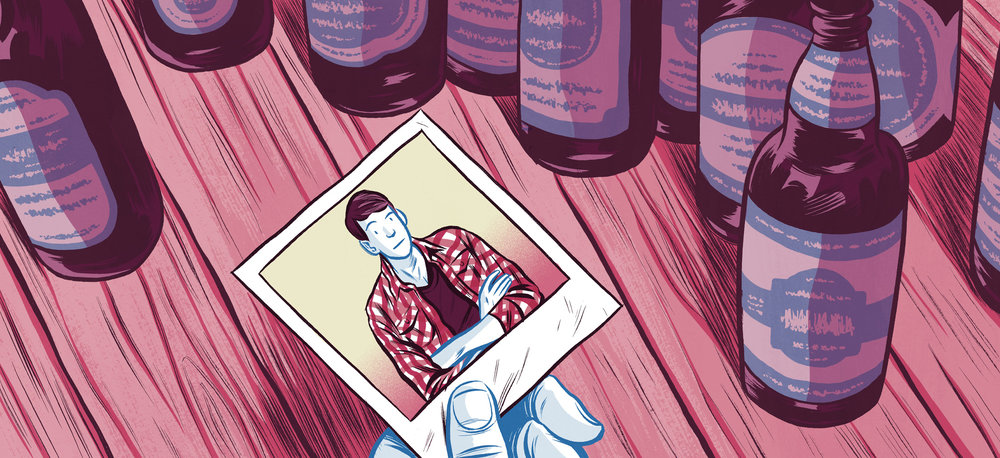Here’s a good — in my opinion — article in HBR about “masculinity contests” and how they undermine organizations. I’d encourage you to read the entire article.
But, if you want some real fun, scroll down to the comments. Almost all the comments are from male names claiming the article isn’t “business-focused” or “data-driven” enough, and saying it’s a “schoolyard debate” of boys vs. girls. It’s comical.
Let me summarize the comments section for you:
Toxic masculinity exists, but men are terrified to admit that it does.
If you’ve worked in more than 4-5 white-collar jobs, read this paragraph and try to tell me it’s NOT true:

Hard to argue that one. And you know what’s funny? “Mine is bigger than yours” was legitimately a theme of the 2016 Republican primaries. Remember when Trump spent 1/4 of a debate discussing his dick? Right. High-water mark for democracy.
The actual reality of workplaces
Work is still a man’s world. It’s getting better, but it’s still a man’s world. Find a man who crushes targets and a woman who crushes targets. In 97 of 100 organizations, the woman will be criticized in a performance review. The man will probably be given a bonus. If you ignore that fact, you are part of the problem.
I don’t like to generalize about men and women because everyone is different. I am a man, for example. But I like romantic comedies and I get nervous and scared and depressed and lonely and I am OK discussing that stuff with people. So I realize it’s hard to generalize, and we shouldn’t. But it’s also hard to write blog posts and address every human being in society. So let’s say this:
By and large, men are less emotional than women. They are more likely to enter work and want to focus on numbers, not people. They are often allowed to behave this way. It’s the expectation. It’s the norm. The opposite would be weak.
This is the “boys don’t cry” problem of work.
Here’s the second thing we did
If you have a problem with this potentially toxic masculine culture, your main recourse is HR.
HR is not respected by the same guys who perpetuate this toxic bullshit. They view it as a compliance department. It’s an also-ran. In 20 years, could it be data-driven? For sure. Right now it’s largely a place that should be seen and not really heard from — > and definitely not heard from in any type of revenue discussion.
Plus, the goal of HR is to protect the top rungs of an organization, not to protect employees. If you don’t realize that, leave the working world. You’re missing the damn point.
So now toxic males run a lot of places and set the culture, and your only recourse for ceasing that is to go to a department they don’t care about who wants to protect them.
OK, so that’s an issue.
Elephant in the room
Men can’t have babies. They get a lot of their purpose from treating work as akin to a baby, or providing for the babies their spouses have.
Male loneliness comes about at this spot because men tend to form friendships over physical pursuits, i.e. sports or bar-hopping or whatever.
As you get older and have kids + get more responsibility at work, you have less time (or physical ability) for those things.
This all begets male loneliness.
Now consider a dude who is:
- Lonely
- Has some power at work
- Needs to find purpose
- Is constantly told he needs to hit some number or some KPI
- Can back up a truck over HR whenever he wants because he makes money
- Has mastered buzzwords
These bullet points above are often the men who come to run white-collar companies.
Those men are in a position where really the only logical outcome would be the perpetuation of toxic masculinity.
So what do we do?
Here’s the “broader societal level” answer:
- We raise boys differently
- When they get into working roles, we focus more on the purpose of the work and connection to people and less on the numbers always needing to be hit
- We let boys think vulnerability and emotions are OK
Could these things happen? Not easily.
At individual workplaces, what do we do?
- Promote less assholes
- Look for promotion candidates who seem to have a healthy amount of internal respect
- Foster more difficult conversations, i.e. once a week about failure and how to move forward
- Let some people — the hard-chargers — make more money as individual contributors, so that you don’t put toxic males in roles with direct reports and increased power
Gender dynamics are largely skewed because men are terrified of women, and to not admit that is pure folly.
What else do you think we could do?
